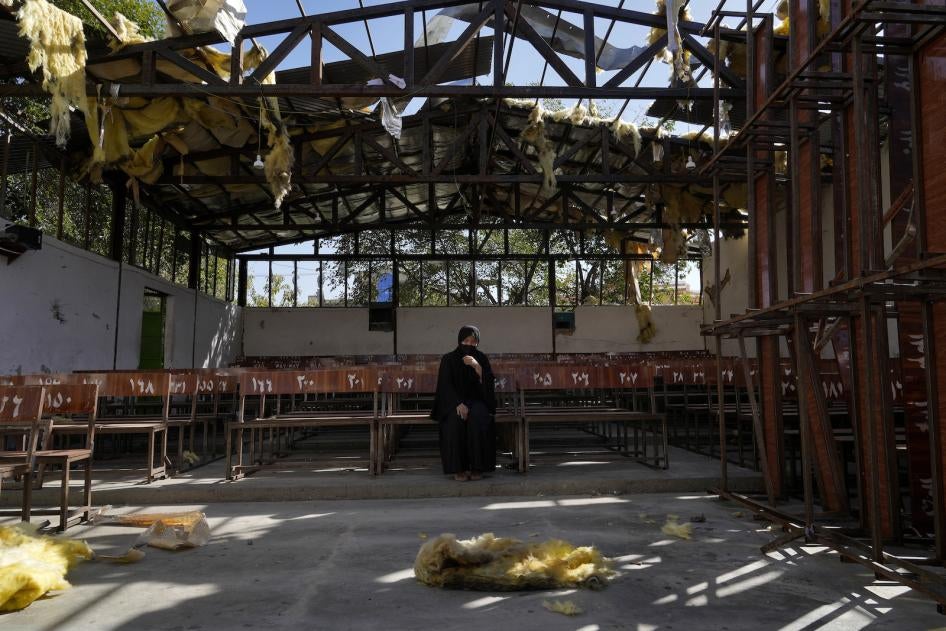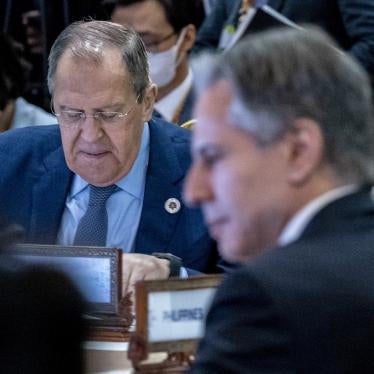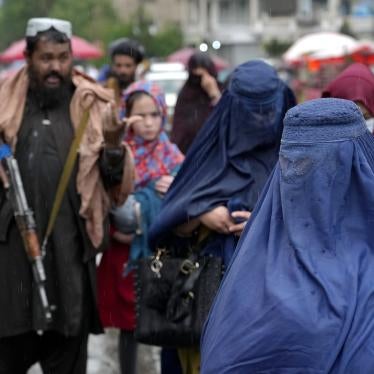The latest report by the United Nations Special Rapporteur on Afghanistan, Richard Bennett, is comprehensive and devastating.
The special rapporteur catalogues widespread, serious abuses, noting that the Taliban authorities have “normalized” the systematic violation of the rights of women and girls. He also suggests that their “discriminatory denial of women and girls’ fundamental human rights may amount to gender persecution, a crime against humanity.” The arbitrary detention of women protesters is highlighted, as well as edicts that have shut women and girls out of secondary and higher education, most jobs, and even the use of public parks.
The special rapporteur describes a country under the Taliban in which there is “very little tolerance for difference, and none for dissent.” Journalists are increasingly subject to surveillance, intimidation, violence, and detention.
Hazara, Shia and other religious minorities have historically faced discrimination and abuse in Afghanistan. A pattern of attacks that killed and injured thousands of civilians under the previous government has continued. In the year following the Taliban takeover in August 2021, at least 1,000 people were killed in bombings apparently carried out by armed groups linked to the Islamic State (ISIS). Most of the attacks targeted Hazaras.
The special rapporteur also documents the severe human rights implications of the economic crisis that has been exacerbated by international sanctions and the abrupt loss of foreign aid, which supported most government services. An estimated 18.9 million Afghans – half the population – are experiencing acute food insecurity. This dire humanitarian crisis has been made worse by the Taliban’s refusal to allow women to work. Although female health workers are meant to be exempt, they “are severely hampered by the policies of the de facto authorities.”
Importantly, the special rapporteur’s mandate is not limited to the period following the Taliban takeover. His report welcomes a recent Dutch court ruling that ordered the Netherlands to pay financial compensation to the victims of the Dutch bombing of a residential complex in 2007. Bennett urges other states to initiate domestic accountability mechanisms for human rights violations during the 20-year conflict.
A year and a half after the Taliban takeover, Bennett’s report demonstrates the crucial importance of continued international support and funding for the special rapporteur’s mandate to ensure comprehensive scrutiny and documentation of the human rights situation in Afghanistan.











